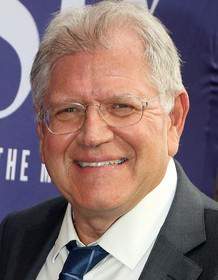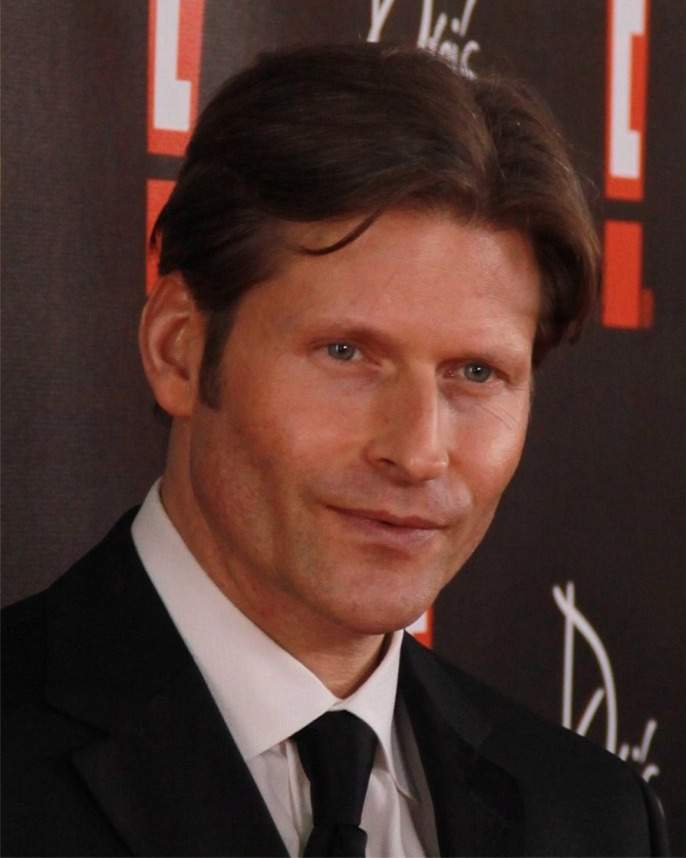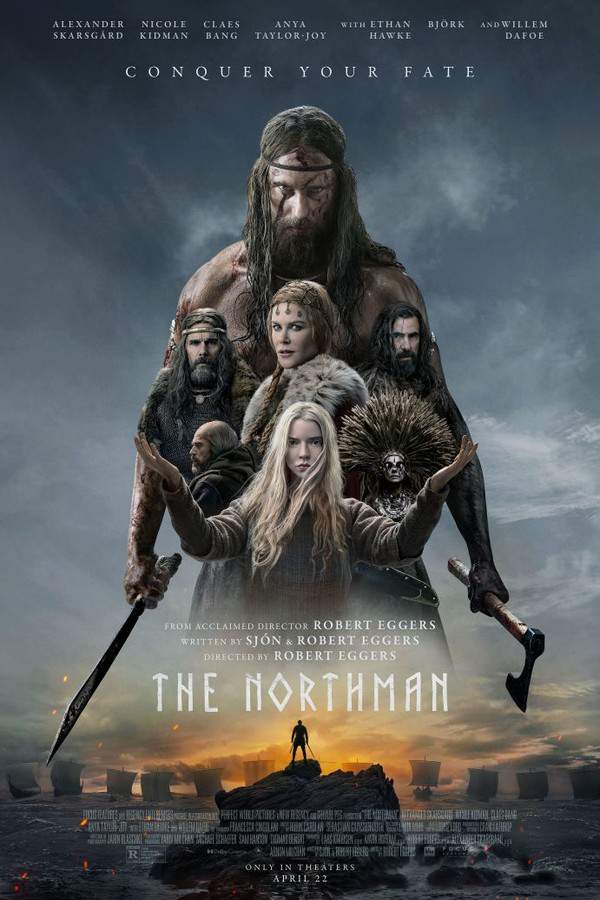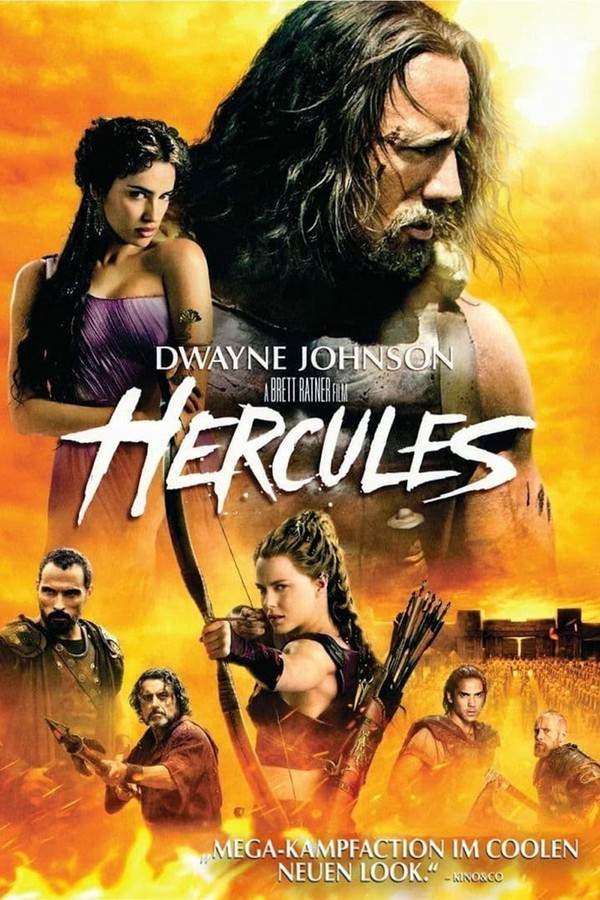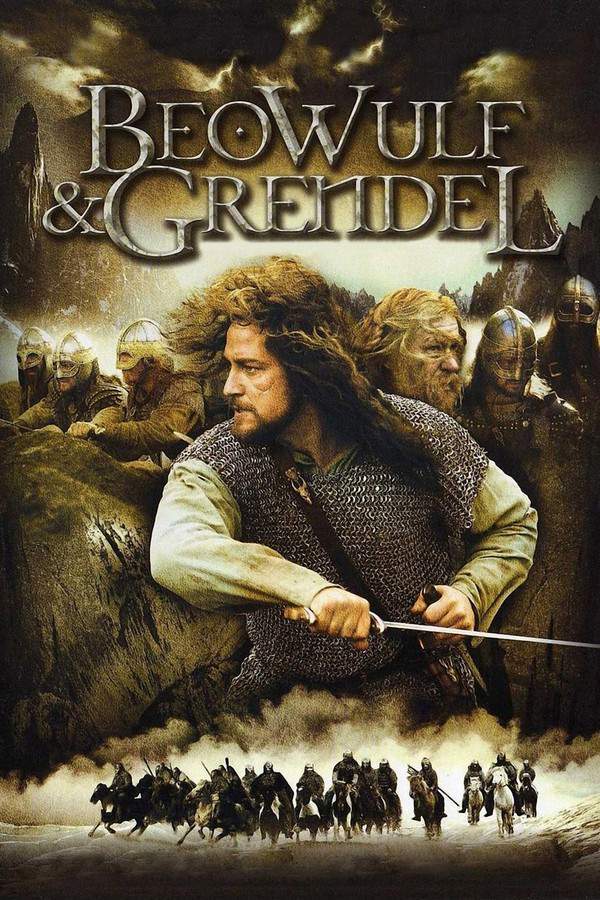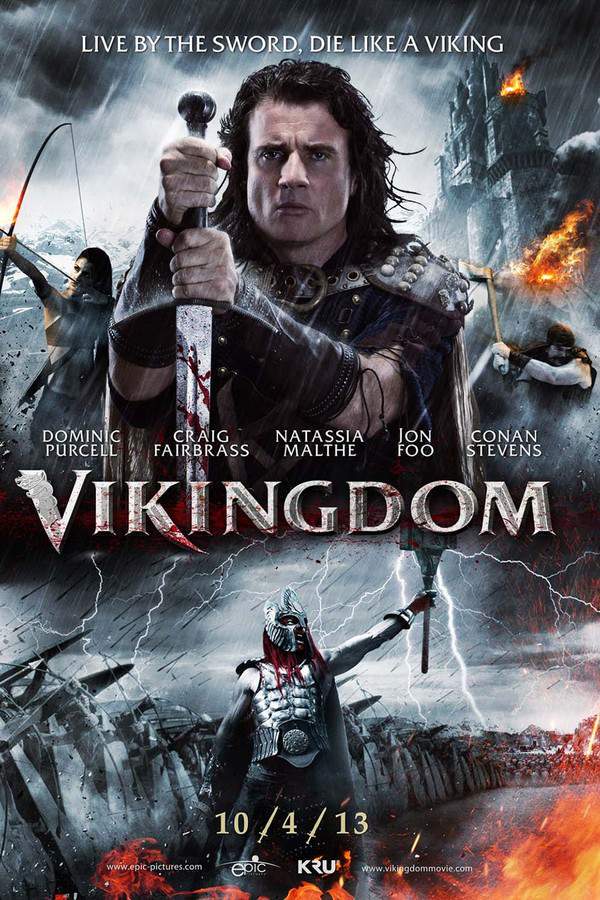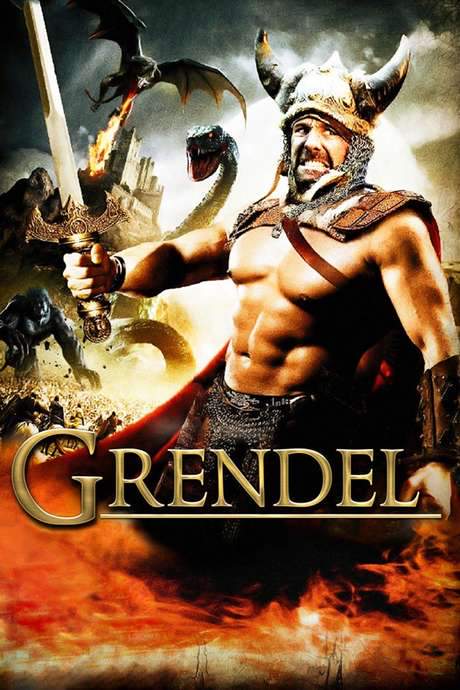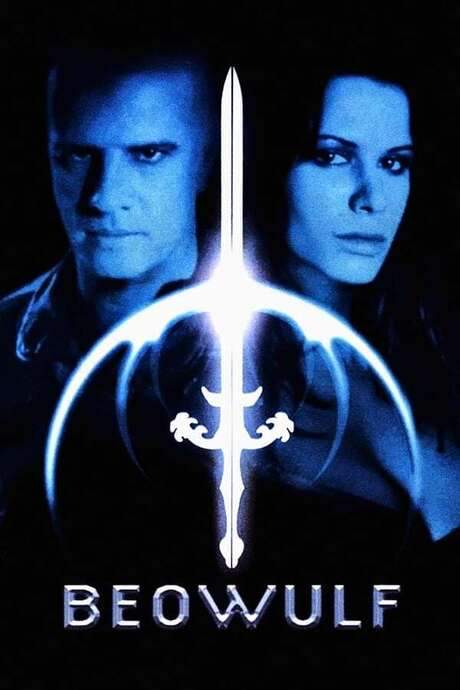Beowulf 2007

The celebrated warrior Beowulf journeys to King Hrothgar's mead hall to confront Grendel, a monstrous being that has been terrorizing the kingdom. Beowulf bravely defeats the creature, but his victory unleashes a vengeful response from Grendel's formidable mother. This powerful and seductive figure seeks retribution, plunging the hero into a perilous battle for survival and the fate of the realm.
Does Beowulf have end credit scenes?
No!
Beowulf does not have end credit scenes. You can leave when the credits roll.
Meet the Full Cast and Actors of Beowulf
Explore the complete cast of Beowulf, including both lead and supporting actors. Learn who plays each character, discover their past roles and achievements, and find out what makes this ensemble cast stand out in the world of film and television.
External Links and Streaming Options
Discover where to watch Beowulf online, including streaming platforms, rental options, and official sources. Compare reviews, ratings, and in-depth movie information across sites like IMDb, TMDb, Wikipedia or Rotten Tomatoes.
Ratings and Reviews for Beowulf
See how Beowulf is rated across major platforms like IMDb, Metacritic, and TMDb. Compare audience scores and critic reviews to understand where Beowulf stands among top-rated movies in its genre.

59
Metascore
6.1
User Score


71%
TOMATOMETER

50%
User Score

6.3 /10
IMDb Rating

59
%
User Score
Take the Ultimate Beowulf Movie Quiz
Challenge your knowledge of Beowulf with this fun and interactive movie quiz. Test yourself on key plot points, iconic characters, hidden details, and memorable moments to see how well you really know the film.
Beowulf Quiz: Heroes and Monsters: Test your knowledge about the epic tale of Beowulf and the monstrous Grendel.
What event brings Beowulf and his companions to the shores of Denmark?
A royal wedding
The threat posed by Grendel
A treasure hunt
A festival of strength
Show hint
Awards & Nominations for Beowulf
Discover all the awards and nominations received by Beowulf, from Oscars to film festival honors. Learn how Beowulf and its cast and crew have been recognized by critics and the industry alike.
13th Critics' Choice Awards 2008
Best Animated Feature
Full Plot Summary and Ending Explained for Beowulf
Read the complete plot summary of Beowulf, including all major events, twists, and the full ending explained in detail. Explore key characters, themes, hidden meanings, and everything you need to understand the story from beginning to end.
The Great Hall of Heorot, constructed by Hrothgar, King of the Danes, is alive with fervent celebrations, as the Danes indulge in a raucous party. Amongst the revelers, Hrothgar himself, quite inebriated and unkempt, becomes a source of embarrassment for his young wife, Queen Wealtheow. As the laughter and cheers echo through the hall, a deafening noise carries across the snowy hills to a distant cave. Inside this ominous cavern, a creature screams in agony, unable to endure the celebrations disrupting its solitude.
As the festivities progress unabated in Heorot, the monstrous creature, towering at an imposing 15 feet, bursts through the great doors with a fearsome roar, igniting a series of unnerving blue flames in the hall. The Danes, taken aback, prepare for a battle with this deformed abomination, known as Grendel, a hideous troll-like entity with immense strength. This horrifying beast finds the raucous laughter of the Danes excruciatingly painful, prompting it to retaliate by launching into a relentless attack.
After tearing through several Danes, Grendel faces Hrothgar, who defiantly stands his ground. But in an unexpected twist, the creature decides to withdraw, returning to its cave. There, Grendel is chastised by his mother, revealing that she too is no ordinary being. As dawn breaks, the horror of their night is laid bare, and Hrothgar must seal the hall, branding it as a sanctuary of evil.
In a desperate bid for salvation, Hrothgar consults his loyal advisor, Unferth, who informs him of Grendel’s past attacks. Hrothgar proclaims that the warrior who can vanquish Grendel will receive half his kingdom’s riches, igniting the hope for a hero. As fortune would have it, Beowulf (Ray Winstone), a legendary Geatish warrior, answers the king’s call, setting sail for Denmark accompanied by his loyal friend, Wiglaf Brendan Gleeson.
On their arrival, Beowulf is immediately drawn to the enchanting Queen Wealtheow, who harbors her own dissatisfaction within her marriage. Tensions inevitably rise when Unferth confronts Beowulf regarding a past swimming challenge, questioning his capability to face Grendel. Believing the tale to be an embarrassment, Beowulf recounts how he faced and defeated sea monsters during the swim, only to be captivated by a siren he encountered during his ordeal.
The night carries a mystique as the Queen sings for the warriors, but the atmosphere shifts dramatically after she expresses her inability to lie with Hrothgar again, revealing the underlying strains in their relationship. In the wake of these revelations, Beowulf urges Hrothgar to resume life in Heorot, and so preparations begin for the anticipated showdown with Grendel.
As they lay in wait to lure Grendel, Beowulf chooses to confront the creature unarmed, realizing that mortal weapons would have no effect. In a fierce conflict, he discovers Grendel’s weakness lies in his acute sense of hearing, prompting Beowulf to exploit this vulnerability by attacking the creature’s sensitive ears. Empowered by his audacity, Beowulf ends Grendel’s reign of terror, ripping off the beast’s arm as he makes his grand name known.
This act of valor earns Beowulf great honor, and in return for liberating the Danes, Hrothgar gifts him a magnificent drinking horn symbolic of past victories. Yet, amidst the triumph, a darker fate looms. Grendel, mortally wounded, makes his last confession to his mother before succumbing, and a vengeful rage ignited within her drives her to attack Heorot, now yearning for retribution.
With the hall still buzzing in celebration, Grendel’s Mother, Angelina Jolie, brings death upon Beowulf’s unsuspecting companions. Hrothgar reveals these vile deeds, identifying Grendel’s Mother as a formidable foe. In need of a weapon, Beowulf is given Unferth’s blade, Hrunting, yet he soon discovers it to be ineffective against her enchanted form.
A twisting seduction emerges when Grendel’s Mother offers Beowulf a deal—if he surrenders and provides her a son to replace Grendel, she promises him glory and wealth. Torn between ambition and an eerie allure, Beowulf narrowly escapes her grasp, returning to civilize the tale of victory by claiming to have slain her.
The truth emerges in a public confrontation between Beowulf and Hrothgar, revealing dark secrets entwined with their legacies, culminating in Hrothgar’s tragic end. Years roll by, and Beowulf reigns as king, yet the shadow of his past looms—his affair with Grendel’s Mother has left him cursed, barren to the women he loves.
A fateful discovery unearths the horn, prompting Grendel’s Mother to send an avenging dragon—her son—against Beowulf’s domain. In an epic confrontation, a fatal battle ensues, leading to Beowulf’s sacrifice to protect his kingdom, finally confronting the shame that haunts him.
As darkness settles over Heorot, Wiglaf, now crowned king, mourns the loss of his mentor. The remnants of Beowulf’s story reverberate through time, leaving behind a haunting legacy intertwined with allure and betrayal, culminating in Wiglaf’s own seduction by Grendel’s Mother as she emerges from the sea, challenging the boundaries of loyalty and legacy forevermore.
Uncover the Details: Timeline, Characters, Themes, and Beyond!

Coming soon on iOS and Android
The Plot Explained Mobile App
From blockbusters to hidden gems — dive into movie stories anytime, anywhere. Save your favorites, discover plots faster, and never miss a twist again.
Sign up to be the first to know when we launch. Your email stays private — always.
Watch Trailers, Clips & Behind-the-Scenes for Beowulf
Watch official trailers, exclusive clips, cast interviews, and behind-the-scenes footage from Beowulf. Dive deeper into the making of the film, its standout moments, and key production insights.
Beowulf Themes and Keywords
Discover the central themes, ideas, and keywords that define the movie’s story, tone, and message. Analyze the film’s deeper meanings, genre influences, and recurring concepts.
Beowulf Other Names and Titles
Explore the various alternative titles, translations, and other names used for Beowulf across different regions and languages. Understand how the film is marketed and recognized worldwide.
Similar Movies To Beowulf You Should Know About
Browse a curated list of movies similar in genre, tone, characters, or story structure. Discover new titles like the one you're watching, perfect for fans of related plots, vibes, or cinematic styles.
Quick Links: Summary, Cast, Ratings, More

What's After the Movie?
Not sure whether to stay after the credits? Find out!
Explore Our Movie Platform
New Movie Releases (2026)
Famous Movie Actors
Top Film Production Studios
Movie Plot Summaries & Endings
Major Movie Awards & Winners
Best Concert Films & Music Documentaries
Movie Collections and Curated Lists
© 2026 What's After the Movie. All rights reserved.


